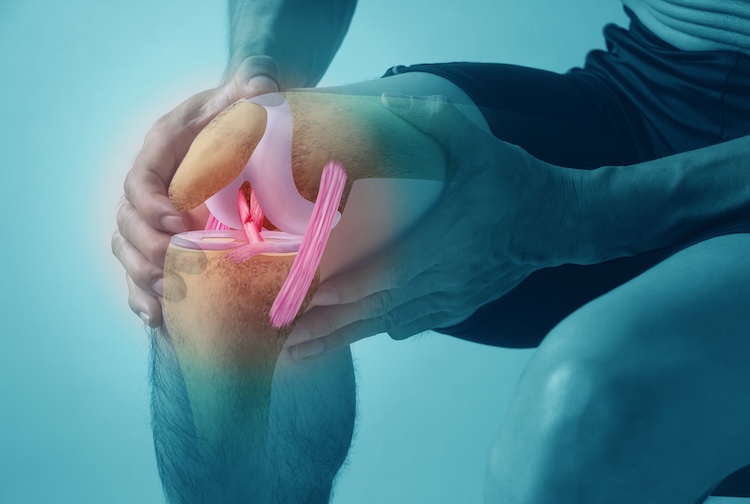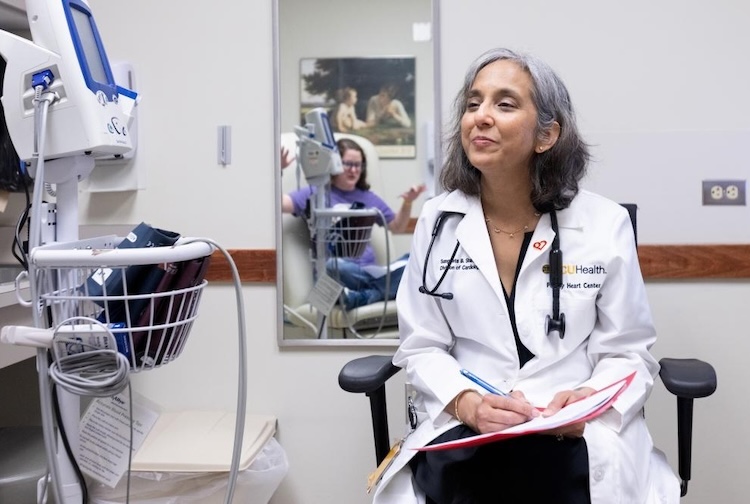Robotic-Assisted Technology: Revolutionizing Kidney Transplant Surgery
December 09, 2019
Kidney transplant is one of the most common transplant surgeries in the United States. Traditional kidney transplant involves major surgical intervention, leaving the patient with a significant scar from the incision and a lengthy recovery period. The VCU Health Hume-Lee Transplant Center is offering a far less invasive procedure, with its state-of-the-art robotic technology.

“We are one of a few centers in the country, as well as in the world, that performs this minimally invasive surgery,” notes Chandra Bhati M.D., transplant surgeon at VCU Health. “We were also the first center on the East Coast to perform 'complete robotic' surgery, meaning no hand assistance was required during the transplantation.”
The Surgical Process
Using the robot as an extension of the surgeon's hand, three to four small holes are made in the abdomen, each approximately eight millimeters to one centimeter in size. Whereas traditional surgery requires cutting through the muscles in the abdomen, this minimally invasive approach avoids those cuts and lessens trauma to the body.
Both of the operations on the donor and recipient are shortened significantly with the minimally invasive approach, as is recovery. Donors can be out of the hospital as soon as 36 hours post-procedure, and a recipient's stay is generally three days as opposed to five or six days with the open surgery approach.
“If patients are staying longer, they are not staying because they need to for surgical purposes. They simply need to have more immunosuppression medication,” explains Bhati. “From a surgical point of view, most of our patients leave the hospital by day three.”
Additional applications for the robot-assisted surgery include removal of the gallbladder in patients who have significant liver disease, as well as removal of a portion of the liver in cases of liver cancer.
A Promising Future of Kidney Transplantation
Organ donation has steadily increased over the last 50 years, but there is still room for improvement. Bhati states that advances in surgical technology helps in that effort by reducing bodily trauma and time required for recovery.
“I remember when I was in training, when we were doing these surgeries with the open approach, and the patient was taking four to six weeks off,” said Bhati. “Now, they're going back to work within a week and taking pain medication for only three or four days. We have definitely seen that patients are much happier with the robot-assisted surgery. It has revolutionized their recovery.”
To learn more about the transplant options at VCU Health Hume-Lee Transplant Center, visit www.vcuhealth.org/transplant.
Listen to a full interview with Bhati on this topic by clicking here. For more episodes, find the Healthy with VCU Health podcast on any major streaming platform or by visiting the VCU Health Podcast library at vcuhealth.org/podcasts.




